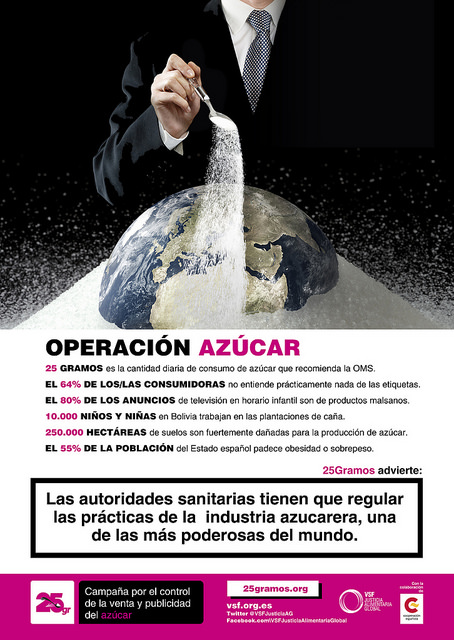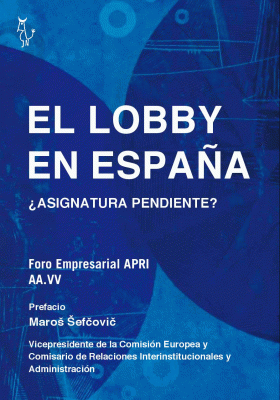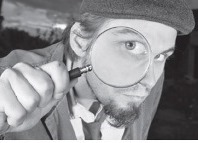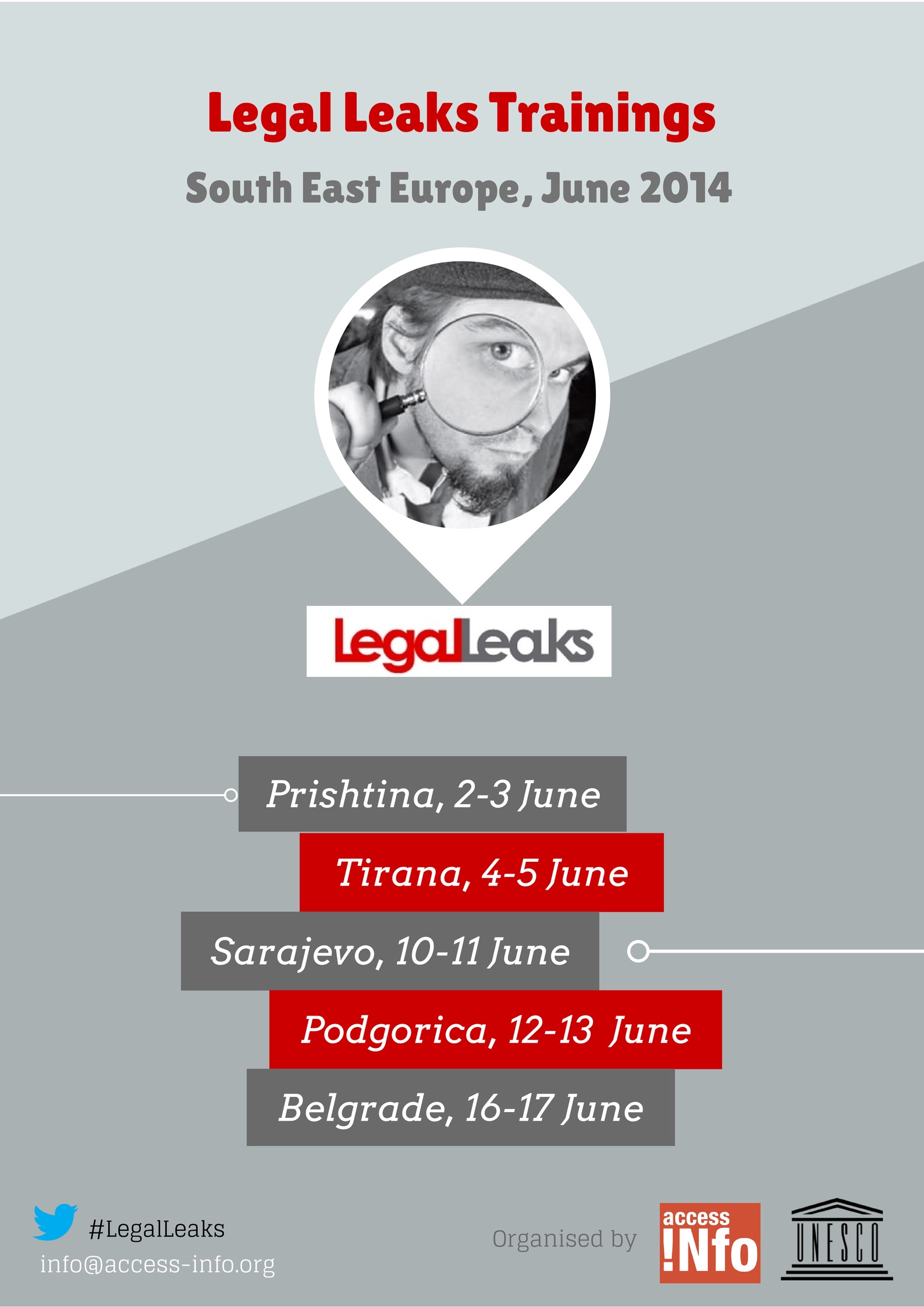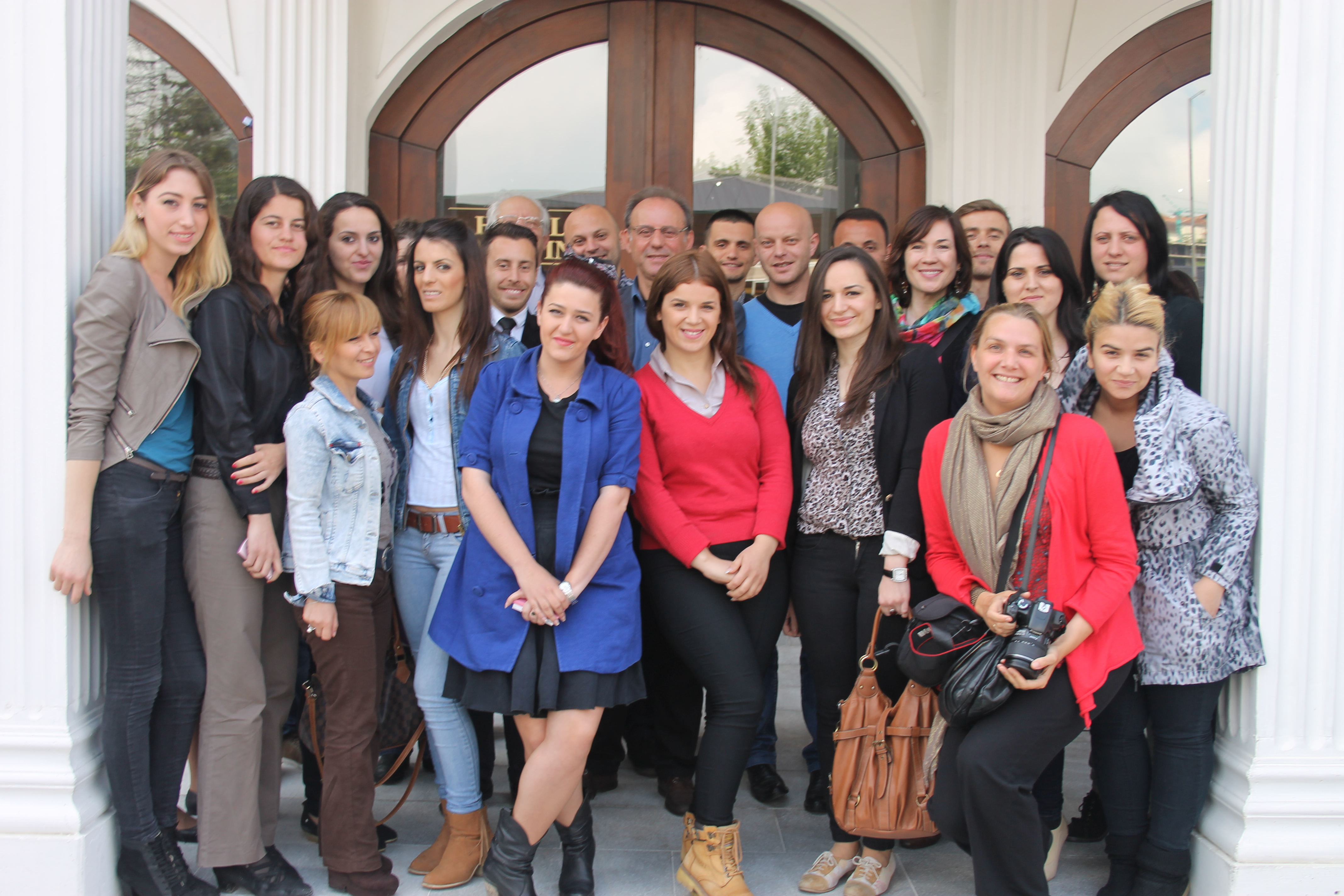Concerns about EMA’s transparency backtrack on clinical trials data
Helen Darbishire2020-01-29T11:25:11+01:00Madrid, 9 July 2014 – The European Medicines Agency (EMA) is considering adopting a policy on access to clinical trials data which imposes stricter confidentiality requirements and restricts citizens’ ability to exercise the right of access to documents. The proposed policy on proactive publication of clinical trial data has caused concern for Access Info Europe and other civil society organizations, who fear that the EMA’s ‘Terms of Use’ and ‘Redaction Principles’ would constitute a step backwards for EU transparency. Health organisations and the European Ombudsman were some of the first to express their concerns on the matter [1].



